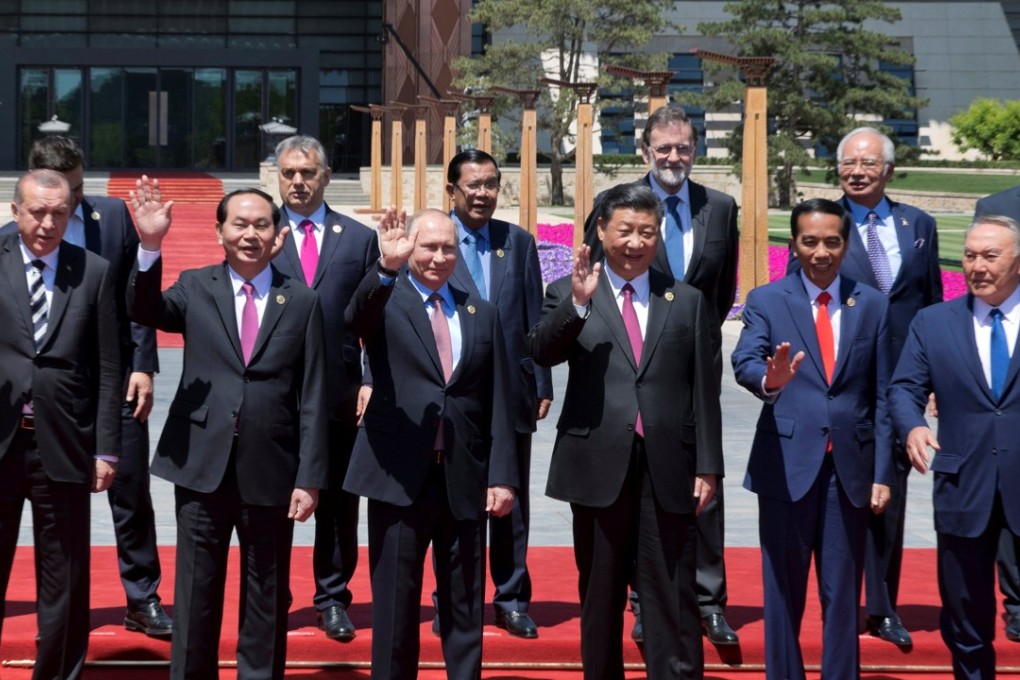Opinion: China at the vanguard of globalisation and the great paradox of our age
Richard Heydarian says there will likely be setbacks and controversies as the Belt and Road Initiative reshapes the global economy in China’s own image but the way forward is neither paranoia nor complacency

This week, China took a great leap forward in realising its grand vision of reviving the ancient Silk Road, which ushered in the first stage of globalisation in human history.
In his keynote address, during the mega summit for the “Belt and Road Initiative”, Chinese President Xi Jinping pledged US$113 billion to build a new network of transcontinental railways, ports and highways, which will transform the Eurasian and African infrastructure landscape as never before.
Addressing delegates from around 100 nations, Xi expressed his country’s commitment to “defend and develop an open world economy” against threats of trade protectionism emanating from the West. As the world’s largest trading nation, China has direct interest in ensuring the wheels of globalisation continue to grind on.
Xi’s latest comments echoed his high-profile speech earlier this year at the World Economic Forum, where he described globalisation as a “big ocean that you cannot escape from”, decrying trade protectionism as “locking oneself in a dark room”.
Underscoring the growing traction of the belt and road vision, as many as 29 state leaders, including Italian Prime Minister Paolo Gentiloni, Russian President Vladimir Putin and Turkish President Recep Tayyip Erdogan, attended what was dubbed as the biggest diplomatic event of the year in Beijing.
Hoping to cash in on new opportunities in the transcendental infrastructure landscape, Western industrial giants such as Siemens and General Electric also sent representatives to the summit,
